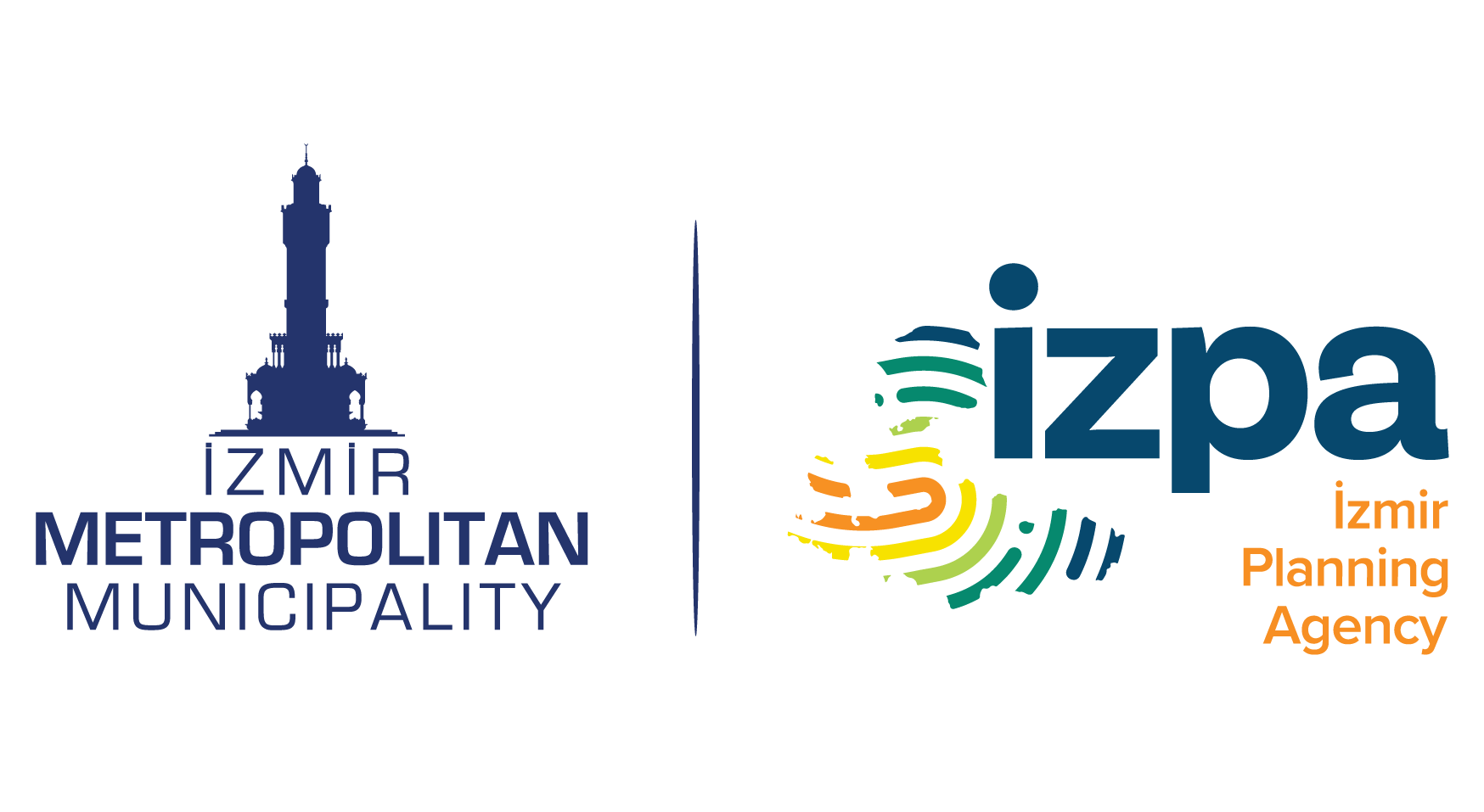ONE HEALTH
One Health, One Izmir
Here’s the refined version, focusing on clarity and an interconnected view of urban health:
Izmir's health relies not only on the well-being of its residents but also on the health of all components of the city. From forests, plains, and deltas to streets, parks, streams, and urban wildlife like cats and dogs, every element contributes to a healthy urban environment. Additionally, factors such as accessibility and quality of life for people with disabilities, as well as safety and mobility for the elderly, are integral to a truly healthy city. The United Nations’ Sustainable Development Goals underscore the importance of this holistic approach to sustainability.
As the climate crisis and rapid degradation of natural areas threaten global health, protecting Izmir’s environmental well-being becomes paramount. Izmir has historically been valued for its rich natural and cultural diversity, making its health and resilience critical in the face of these challenges.
In 2006, global biodiversity surveys identified 36 HotSpots, which, despite covering only 2.5% of land area, are home to almost 46% of birds, mammals, reptiles and amphibians. Izmir is located within one of these special areas, the Mediterranean Basin Hotspot, demonstrating its global environmental importance.
Izmir is distinguished by its cultural and industrial heritage, featuring two cultural sites on the UNESCO World Heritage List, five additional sites on the Tentative List, and its historic harbor. These assets underscore Izmir’s enduring appeal as a cultural hub. The city’s rich metropolitan life, complemented by traditional practices in rural areas, further enhances its importance as a tourism destination.
These natural and cultural treasures are deeply interconnected. Research indicates a strong link between cultural richness and biodiversity, emphasizing that protecting and enhancing biodiversity also sustains cultural wealth. Conversely, neglecting either endangers both. As part of the natural ecosystem, we must recognize that environmental degradation, along with polluted water and air, poses significant threats to human health and diminishes vital resources, including food and medicinal supplies.
Moreover, the circular economy approach, which has gained acceptance in recent years, shows that economic activities take place at every stage of this process. Therefore, if we want to protect our health, we must protect our natural and cultural values together with the other living species we share the city with, and create living space for every living being in our cities.
We consider the health of our disabled and elderly citizens as a priority issue. We know that all vulnerable and fragile elements in the city are interconnected when it comes to health and need to be protected. We believe that economic activities can become circular through their direct relationship with the environment and human infrastructure, and in this context, health is directly linked and prioritized. Recognizing the interconnectedness of all these elements, we also take the sustainable development goals of the United Nations at our center, and accordingly, we form the logical basis of the “One Health, One Izmir” approach.
